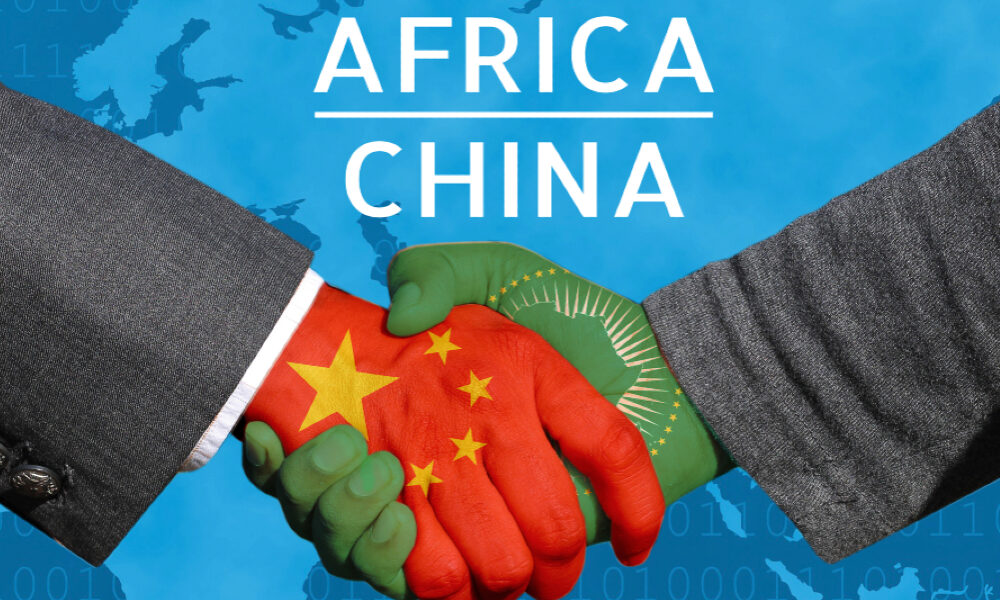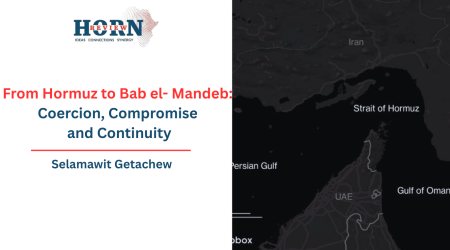
8
Jul
FOCAC- China’s Zero Tariff proposal: Africa and China trade
China is proposing to grant zero-tariff treatment for taxable items from 53 African countries maintaining diplomatic relations with Beijing. This is a significant moment for African countries on the surface. This idea brings both opportunity and dependency challenges as the African current developments continue.
This proposal was shared in a congratulatory letter to the Ministerial Meeting of Coordinators on the Implementation of Forum on China-Africa Cooperation (FOCAC) Follow-up Actions, held in Changsha, China. It reflects a big global economic shift in the world, as the western retreat from aid, raising tariffs and imposing sanctions, China’s offer for 53 countries of Africa has deeper implications.
The Global alignments and the superpower influence in Africa seems to be changing as Africa’s growing involvement in BRICS and FOCAC, this proposal positions China not just as a trade partner but as an active player of global economic order where tariffs become the tool of influence. “This is the first time a 100-percent tariff-free policy on all products has been announced for this many nations” stated by Du Xiaohui, director-general of the Department of African Affairs of the Chinese Foreign Ministry at the meeting.
The Horn of Africa continues to be a zone of interest for China not only economically but also has political and security interests in the region. This growing presence of China in Africa may stir tension within other global superpowers seeing it as a threat to their interests in the region. As China continues the close economic relation through trade incentives, it might provoke western powers’ concern about losing strategic influence in the region.
If African governments and the business sector respond to the proposal, this plan might result in more industrial job creation, regional value chains, and greater trade diversification. On the other hand it might create competition among African states, especially the landlocked countries to increase the flow of the export sector. Gap could be created between the countries without diversified supply chains and the ones that have better economies.
As China’s first announcement at the 2024 Summit of the Forum on China-Africa Cooperation (FOCAC), to give 33 African countries zero-tariff treatment for 100 percent tariff lines Ethiopia was one of the 33 countries. Ethiopia with a growing industrial economy and with an aspiration to become a manufacturing and export hub could benefit more from tariff reduction. As the two countries have a long history in infrastructure partnership, it is believed Ethiopia may at least partially, offset the losses it suffered after being excluded from the African Growth and Opportunity Act (AGOA) in 2021 by taking advantage of China’s zero-tariff opportunity.
This opportunity is given in a critical time of global alliance where the trade environment is increasingly polarized. The Horn could use this with a thoughtful negotiation alongside with a structural improvement in quality standard, production capacity, logistics, and other infrastructural reforms to achive its sustainable gains.
If taken strategically this zero-tariff policy proposal could be a step for Africa and the Horn industrial development. Aligned with domestic industrial readiness and regional coherence as African Continental Free trade Area (AfCFTA) it will acquire many benefits. Otherwise it risks becoming a symbolic gesture rather than a developmental change or or an economic dependency into commodity based trade models. Whether this becomes a turning point or a missed opportunity it all depends on how Africa responds.
By Tsinat Demsew,Researcher,Horn Review










